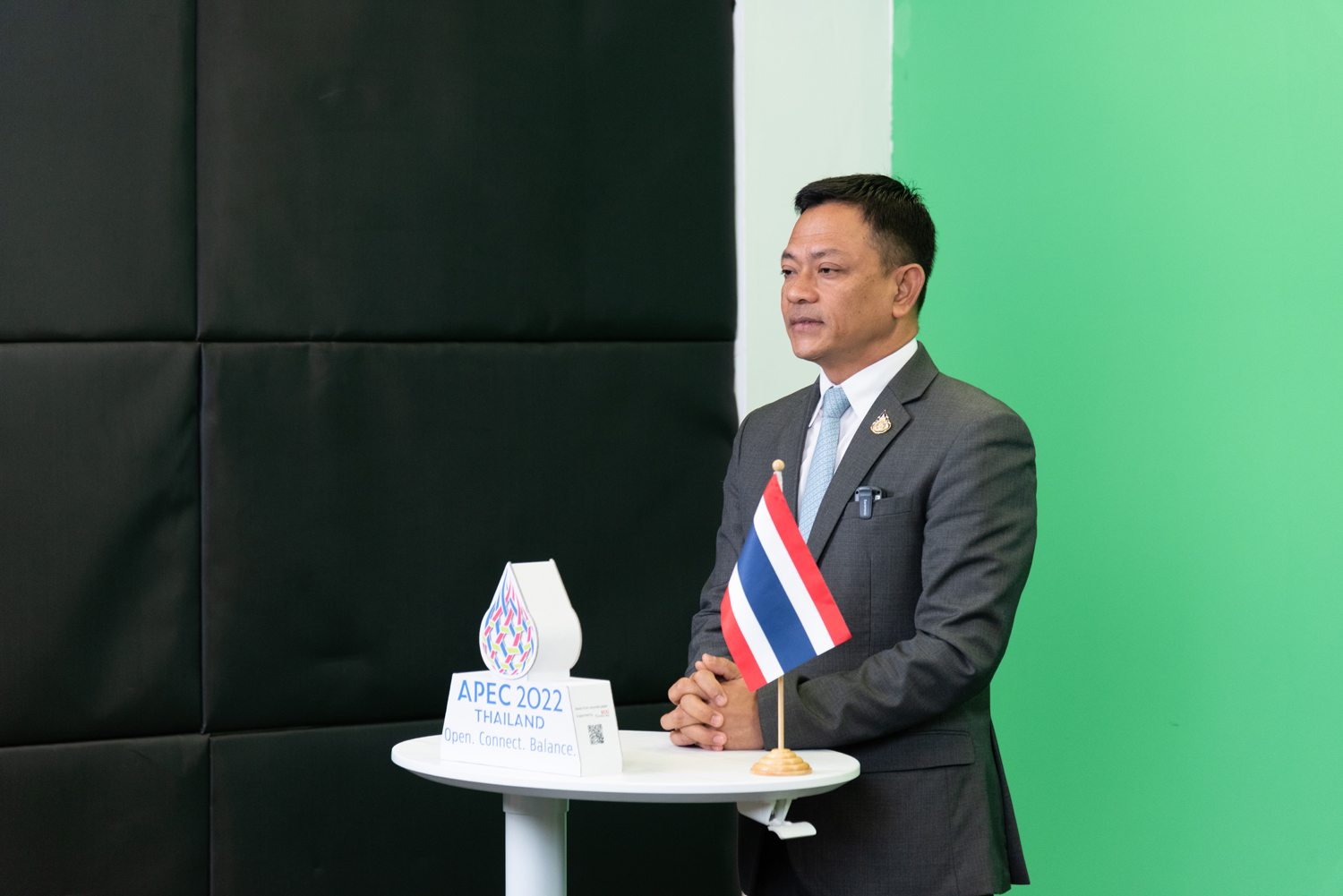
Designated Areas for Sustainable Tourism Administration (Public Organisation) or DASTA in collaboration with the United Nations Educational, Scientific and Cultural Organization (UNESCO) and Thammasat University, hosted an APEC-level online workshop, “Introducing Visitor Management Tools for APEC Economies”, on Tuesday 11 October 2022 via Zoom Conference.
Gp. Capt. Athikun Kongmee, Director-General of DASTA, and Mr. Feng Jing, Chief of Culture Unit of UNESCO Bangkok made opening speeches. The seminar was honourably joined by noteworthy keynote speakers, including: Ms. Cecilie Smith-Christensen, Expert Advisor to the UNESCO World Heritage Sustainable Tourism Programme/Founder of World Heritage Catalysis; Asst. Prof. Dr. Anucha Thirakanont, Dean of the Faculty of Fine and Applied Arts at Thammasart University; Dr. Ming Chee Ang, General Manager of George Town World Heritage Incorporated; Ms. Boon Nee Ng, Manager of Department of Cultural Heritage Research and Development; Mr. Karl Albais, World Heritage Sites Coordinator of National Commission for Culture and the Arts, and; Ms. Watcharee Churugsa, Assistant to Director-General of DASTA.

The workshop was part of the project to “develop and disseminate best practices on the application of visitor management techniques in APEC Economies” in line with Priority Area 4 of - APEC Tourism Working Group Strategic Plan 2020-2024. The workshop involved discussion on sustainable tourism and visitor management among APEC economies and presentation of studies on visitor management tools and techniques. UNESCO Visitor Management Assessment and Strategy Tool (VMAST) designed to reflect the Limit of Acceptable Change (LAC) was also featured.
Conclusive outcomes derived from the seminar become action proposals and frameworks to develop the most appropriate approaches to visitor management in the contexts of the environment, society and economy prevalent in APEC Economies, and includes essential information for organisation leaders, policy makers and concerned regional and local professionals.
